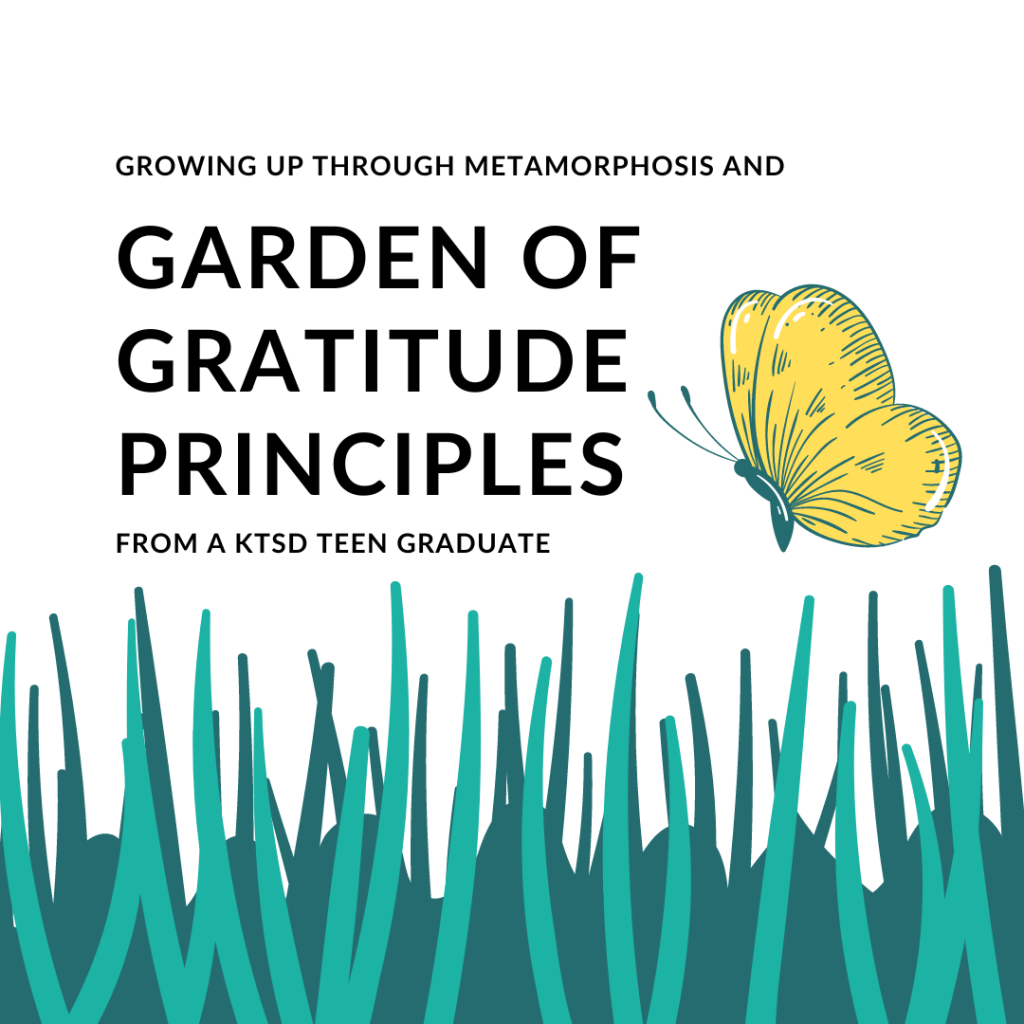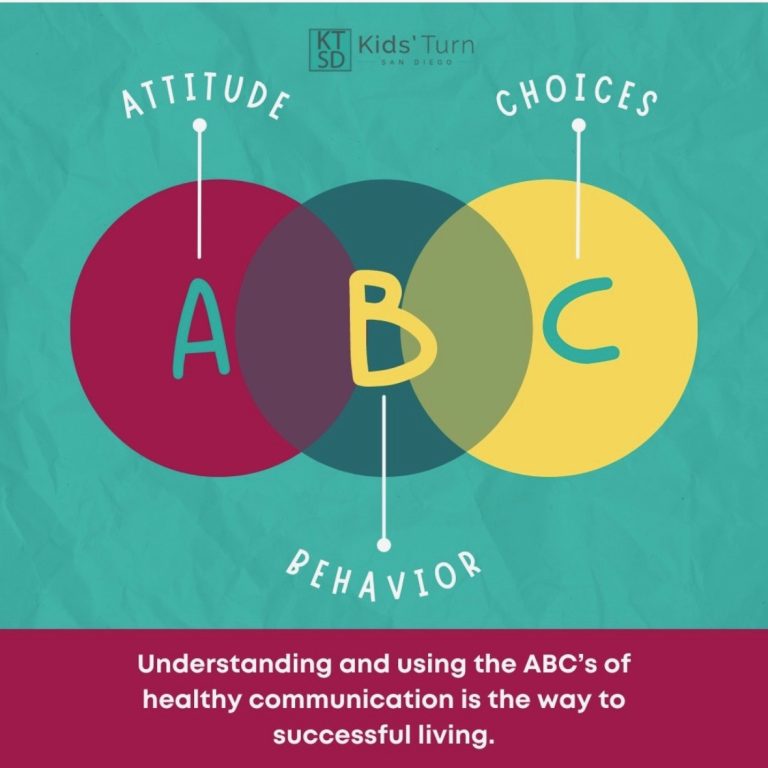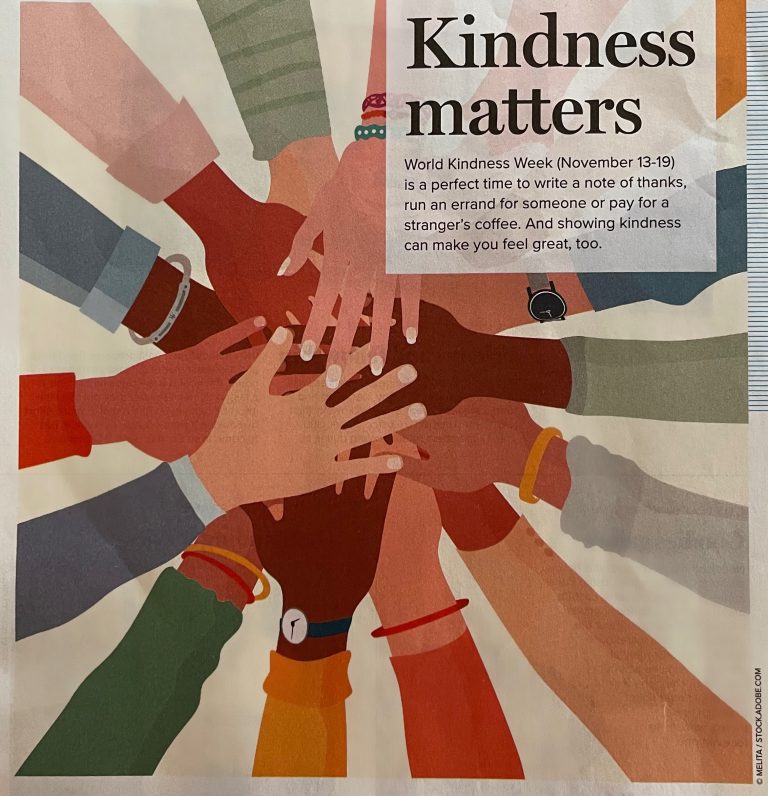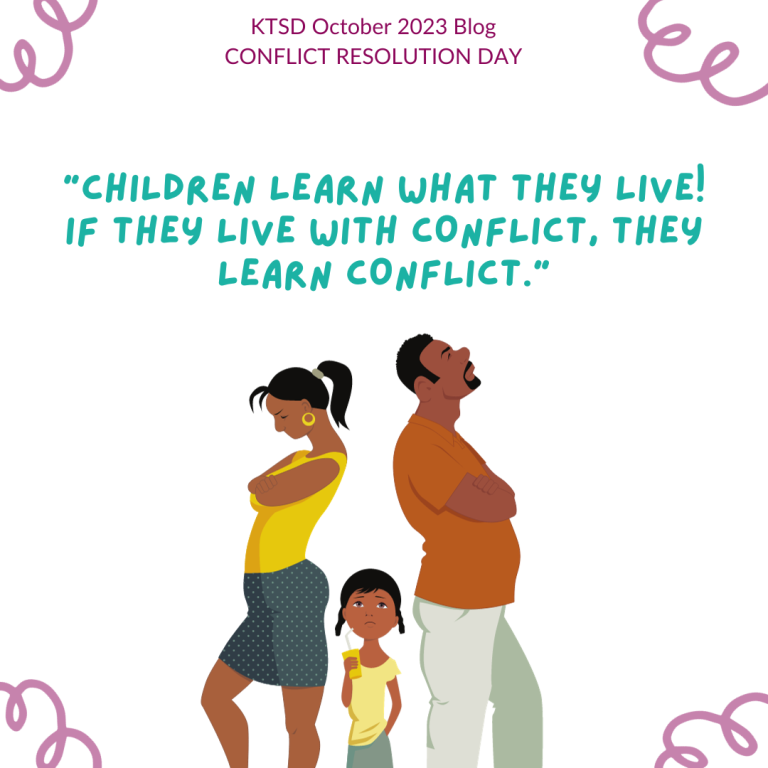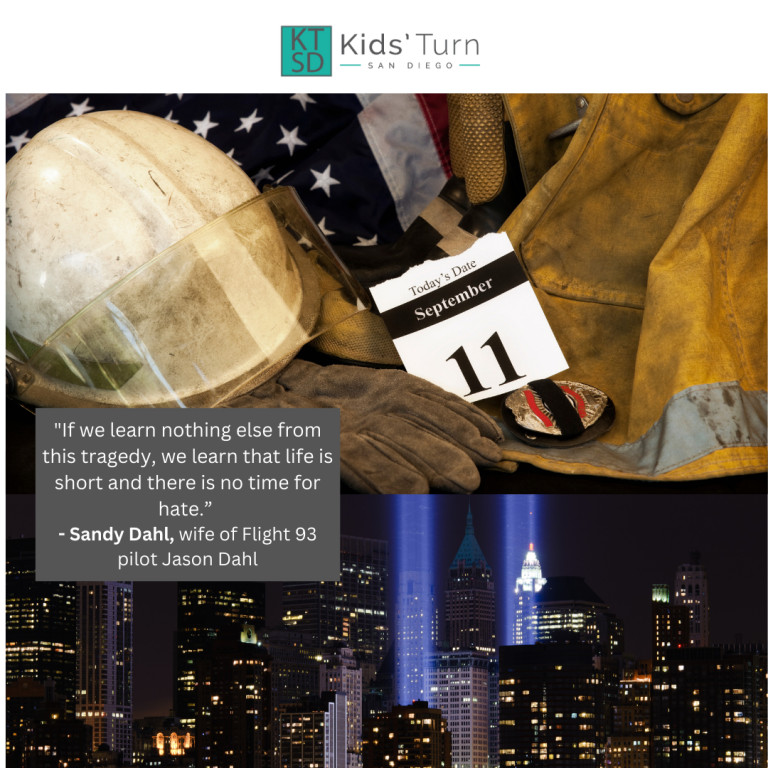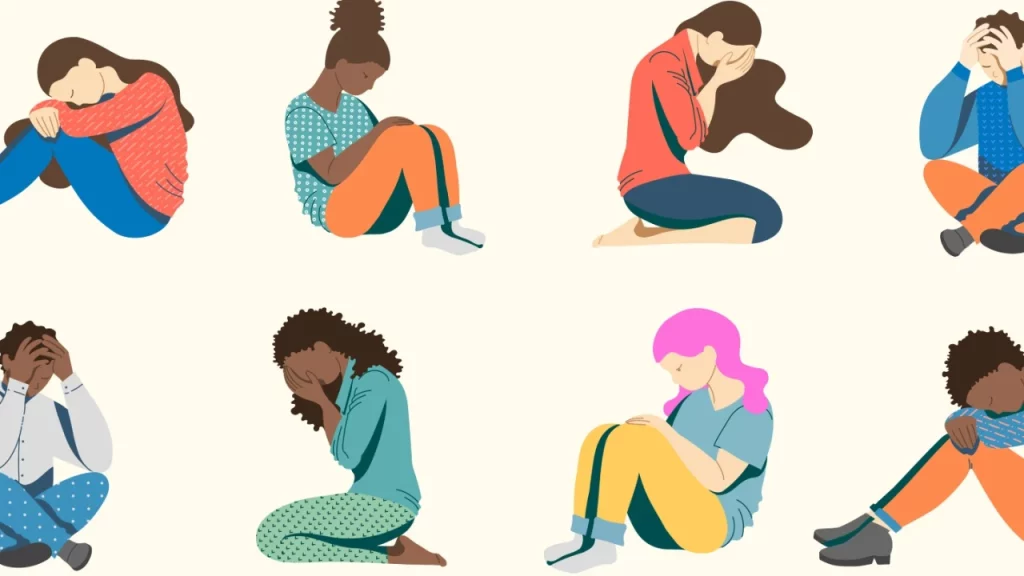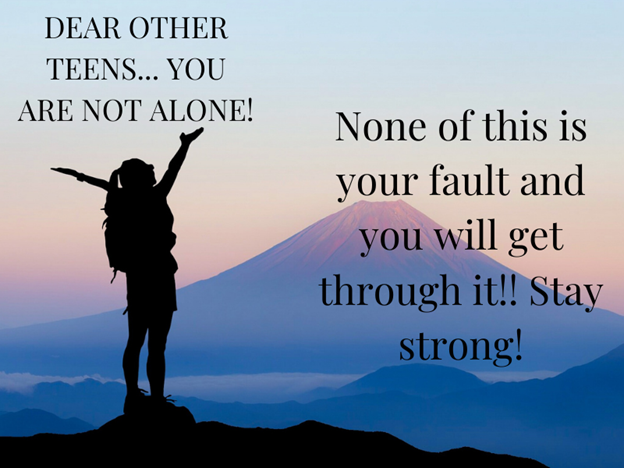What can we find for you?
Creating Positive Summer Vacation Memories

For the first time since the pandemic, I went on vacation. Not a long weekend but a real vacation. I traveled through four airports and got to observe lots of people. As the Executive Director of Kids’ Turn San Diego, I guess it’s not odd that I noticed every parent and child traveling together. Some kids appeared happy while others appeared lonely. From my observations, the biggest difference was the parent. With the happy looking children, the parents were engaged with them. They were having conversations, in the gift shop exploring together, or looking at each other’s phones. One dad was traveling with four children! One child looked about 10, one looked about 6 and there were twins that appeared to be about 8. One of the twins spent a good five minutes whining and when they were done, the dad gave a choice, waited for the answer and then everyone moved on. He ignored the whining and focused on the issue the child was having and then empowered the child to make the best decision for themselves based on the choices given. What a great dad! I couldn’t help myself and had to let him know. At first, he smiled awkwardly and then I said, “No really, you are a good dad” and he got a huge grin and said, “Thank you.”
The lonely children had a parent with them, but with every one of these children, their parent was on their phone or on a tablet or doing something other than engaging with their child. Once at the gift shop, the child tried to show their parents a book, but the parent dismissed the child and said they were buying gum and that was it. The child quickly returned the book to the rack and returned to the parent’s side. Who knows if these children all live in two homes or divorced families, but it was interesting to notice the difference when a parent was traveling alone with a child. I kept thinking to myself, you’re on vacation, put your phone and tablet down and notice your children. In the bookstore, I found myself wanting to buy the book for the child. Of course, I didn’t but I thought, how cool is it that a child picked up a book and was excited about it. The parent really missed the moment with their child!
Fast forward, as my vacation was to my hometown, I was driving to see a high school friend and passed a state park. I noticed the bridge and the body of water and thought to myself, hey, that’s the park my dad used to take us to, wait, that is where we went canoeing and fed the ducks. It was a very fond memory. I asked my sister about the park later and she confirmed that in fact, it was the same park. As an adult child of divorce, our childhood memories never leave us. We may forget about them but when given the moment of a red light in front of a state park sign, then seeing the bridge and the water, the memory flooded my heart. Going to that park with my dad was so much fun! There was no yelling, no arguing, no negative anything. We fed the ducks, hiked on trails and rented canoes and canoed through the water for what seemed to be hours. Thinking back, going to this state park with my dad and younger sister are some of my fondest dad memories.
When I was a kid, there were no cell phones, no tablets and for the most part, living with my mom and seeing my dad every Sunday was a perfect situation. Honestly, looking back, only seeing my dad on Sundays didn’t make much difference. Every Sunday was spent together, and we built a lot of memories. It wasn’t perfect by any means because when a parent yells a lot, kids get afraid and cry, act out or internalize. So, there was that (for me and my sister), but beyond those more challenging times, our dad was present. He paid attention to us. He showed up at school events, he showed up to take prom pictures, he showed up for family dinners with his family, regardless of the day and we got to see him. Maybe he wanted to see us more, but he didn’t tell us or show us. He was just present, fully, when we were together and more time didn’t seem as important, at least for me and my sister. He passed away at a young age, so he is not around to ask. I think he would say that we grew up to be good kids and healthy adults and that he was happy to be a part of our lives.
Back to the airport. . . At KTSD, we tell parents all the time that childhood memories last a lifetime. I haven’t been to that state park since I was probably 12 years old, maybe 13, and yet, the sign triggered a memory and caused me to look further. I could almost see us canoeing under the bridge and getting stuck in the shallow water as we were trying to turn around. This was a laugh out loud moment.
If your child asks for your attention, I encourage you to give it. They may want to show you a book in the airport gift store, show you a video on their phone, or like the dad with the four kids I mentioned earlier, just want to be heard. Whatever the situation, remember that your children will remember everything!
As a mom, I remember traveling with my daughter and spending lots of time in airports. She loved playing hand games, like Miss Mary Mack, or counting how many red suitcases we saw. When driving long distances, we looked for license plates from different states or found signs that followed the alphabet (I did both of these with my dad, by the way!) In the world of cell phones, of course we both had one, but mine was away and we played games on her phone or watched videos. As she got older, we each had our own devices, but I always had an eye on her and would put mine down as soon as there was a moment to connect. It’s funny thinking back to these times and I love it when my daughter, now 23, tells others about long lines at Disneyland where we played Miss Mary Mack for hours or how other children would watch us and then start playing similar games when we were in the airport trying to pass time. We had fun then and we laugh now.
As you travel or hang out with your children this summer, I hope you will create memories that years later will result in laugh out loud moments! Safe and happy vacations this summer!

